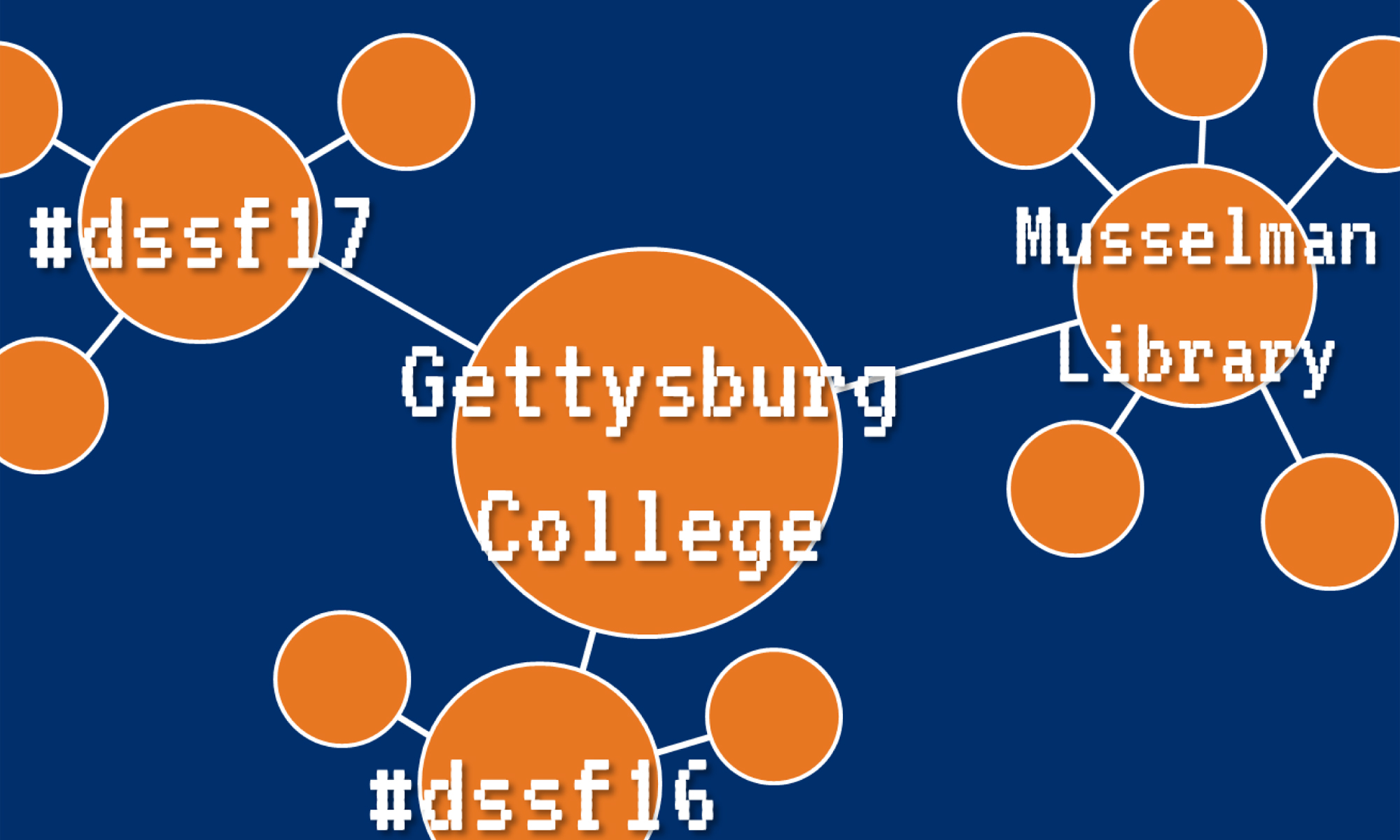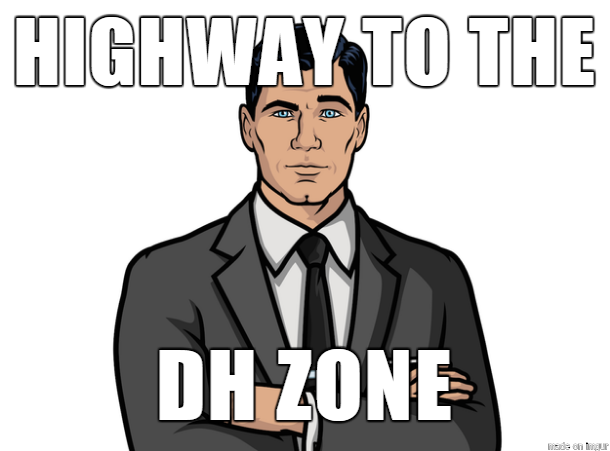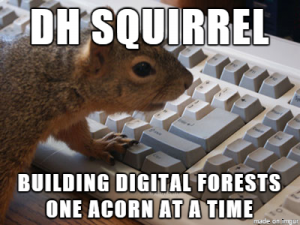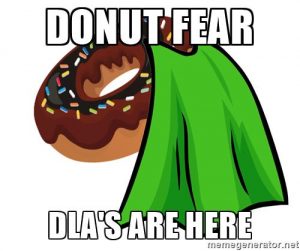Reading the article “Debates in the Digital Humanities: #transformDH, Growing Up” created some thoughts that are still… kind of critical of this field. They will look selfish, and they will look a little negative. I agree with everything this stands for, but there comes a point where you need to start prioritizing where you put your energy.
I admit when I signed up for the fellowship I was merely hoping to do some research and create a digital project. I wasn’t expecting to be part of a bigger community, or bigger movement. Research, to me, has always been relatively isolating work because that’s what professors expect from you- you sign the honor code and remind everyone that this is your work and you did it on your own, right? Or else you get kicked out of school or at least get a bad grade?
DH, since I first defined it, hasn’t changed its definition much besides the possible addition of “interdisciplinary” to the word choice. The idea of politicizing it more kind of adds a bit more pressure to someone getting into the field who wants to do research and learn about how to make a great project, and get recognition for said project in the field the project is in. It’s very easy to get caught up in the politics of DH and act like you know what you’re saying when you barely have anything to show for yourself and credibility. While I do preach you should never disregard an amateur’s fresh eyes and lack of jadedness, there should be some basis to back up their points and minimize their ability to get attacked.
I also think that the DH community is trying to tackle too many things at once- making their own house safe for the queer and feminist community while also trying to get taken seriously by the respective fields digital projects are in while also trying to be politically active. There isn’t enough time to cover all of that, and there isn’t enough people too. We’re all human and have our own issues to focus on too.
The reading mentions utopianism in DH and trying to get more feminist and queer voices in the DH discussion, but I don’t think it will ever be perfect. There will always be a group that isn’t satisfied. I think the politics of it are important and reflect major issues that society is seeing in general, and even I don’t think that we will reach the agenda that radical queer groups and feminists are hoping to get. We keep mentioning castle in the sky, and building a log cabin instead- and no one seems to accept the log cabin.
I’ve accepted the log cabin. I don’t think my project will be that transformative- because I don’t want it to be. I think quality should speak for itself, and that’s what people are looking at my project for at the moment. It’s what I’m looking for. I want my audience to learn about cool art pieces, and literally while I was writing this Julia retweeted this:
The most important academia lesson I've learned: we are all smart, distinguish yourself by being kind and good.
— Emily Farris (@emayfarris) June 28, 2017
I like that. If we all just agree to be good people, and not a jerk, and work on our projects to make things accessible but high quality, that’ll be a good transformation. I think that’s a better pathway than trying to overthrow the system.
-Britt



